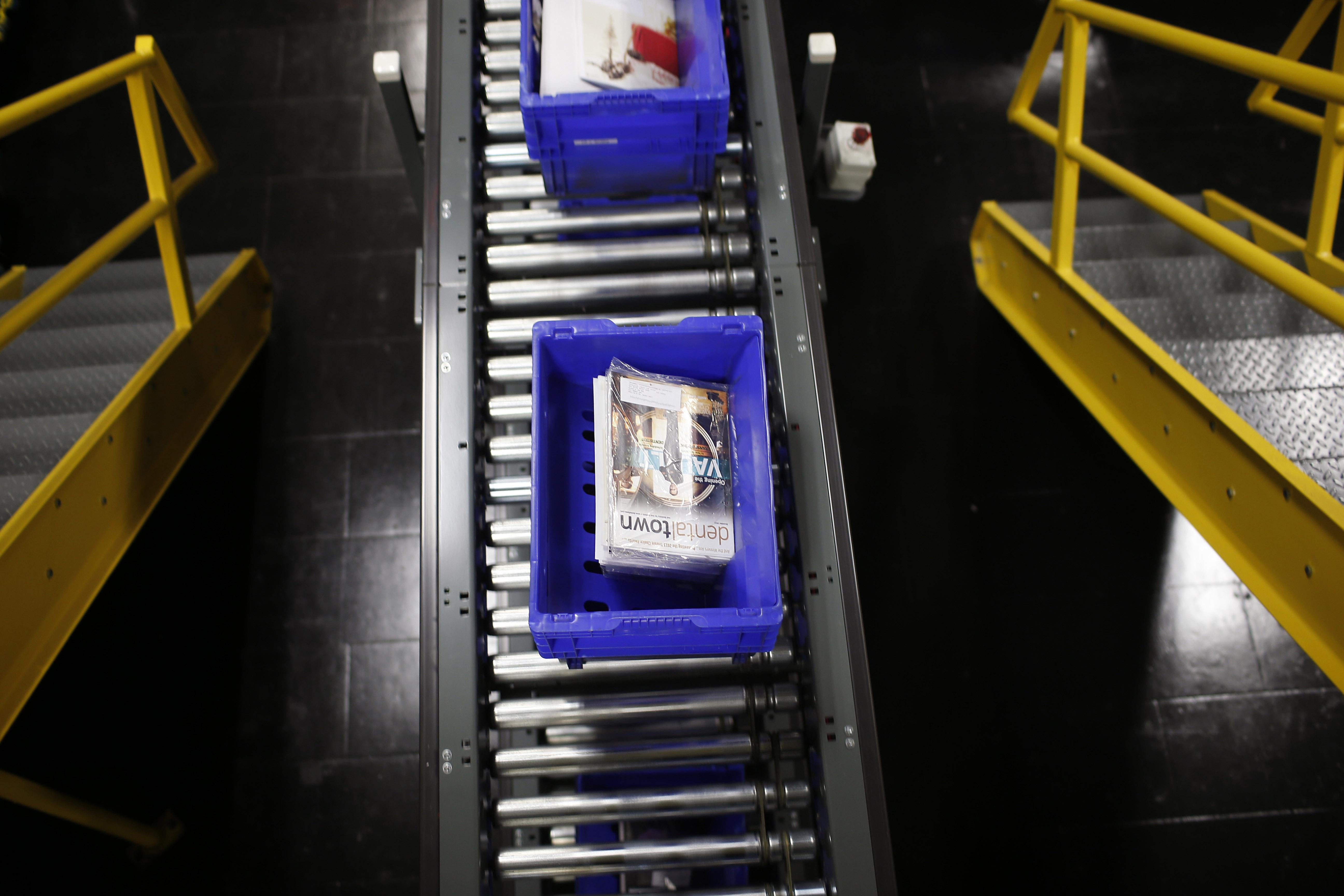The United States Postal Service is a large and complicated government agency, and discussions of postal policy and the details of USPS budgeting can get very complex and detailed. But from 50,000 feet up there’s no real mystery here—Americans in 2014 do not rely on first class mail to the same extent as we did in 1994 or 1974.
If the volume of mail were to suddenly double, common sense would say the Postal Service should hire lots of new people and open new facilities and expand service. Instead the volume of mail has been sliding, so common sense says the Postal Service should shed staff via attrition and reduce service.
Instead, the omnibus spending agreement reached by congressional appropriators last night includes specific language requiring the USPS to continue delivering the mail on Saturdays and prohibiting it from closing rural post offices. Now if Congress had decided to appropriate money to keep rural post offices open, I would say that’s a not-so-smart use of tax revenue. Then again, a lot of tax revenue is used on not-so-smart schemes to subsidize rural America. But Congress in its wisdom has not delivered any money. The Postal Service continues to be required to operate with an independent budget and to account for its pension obligations in an onerous way. It’s just that it’s also not allowed to decide which cuts to make in response to revenue shortfalls. Congress over-represents rural areas, anti-spending small government Republicans love big government spending on subsidies for rural life (here’s some bipartisanship from South Dakota’s senators), and regulatory mandates on the Postal Service have hidden rather than transparent costs and so on it goes.
This isn’t the biggest deal in the world. At the same time, the structural decline of first class mail is not going to turn around. Eventually something will have to be done. So I will once again push my preferred solution of privatizing the Postal Service as a worker-owned cooperative, which would then be allowed to manage its affairs as it sees fit. Rural communities that want to maintain a level of postal service that doesn’t make financial sense could contract with the company to pay for it.
